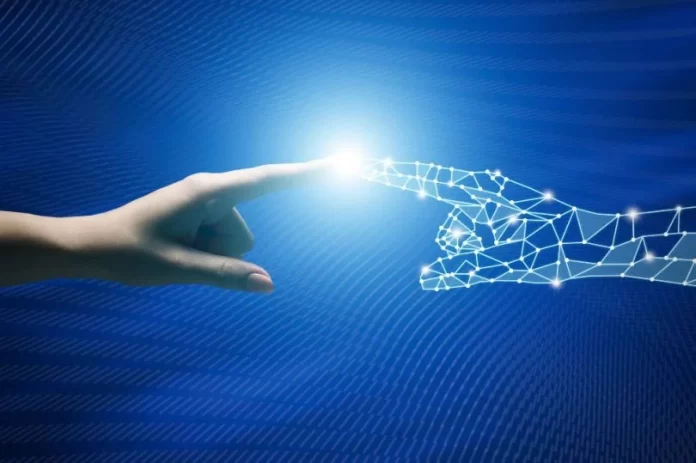Artificial Intelligence. A term that once belonged to the realm of science fiction is now deeply embedded in our reality. We stand at the intersection of possibility and responsibility, where AI isn’t just another technological advancement—it’s a fundamental shift in how we interact with the world. But here’s the question: are we harnessing AI to elevate humanity, or are we letting it dictate the rules of the game?
The Power of Intelligence Beyond Humans
The pioneers of AI had one goal—to replicate human intelligence. Not just to make machines smarter, but to relieve us from the burden of repetitive, data-intensive tasks. And AI has done exactly that. It has cracked complex problems in ways we could have never imagined.
In healthcare, it diagnoses diseases faster than any human doctor. It has accelerated drug discovery, trans-forming what once took years into months. During the COVID-19 pandemic, AI didn’t just assist—it saved lives by analyzing billions of molecular structures to identify potential treatments. That’s not the future. That’s today.
In business, AI optimizes decisions, streamlines operations, and personalizes customer experiences in ways no human workforce ever could.
In environmental science, it’s tackling the biggest crisis of our time. AI-powered drones monitor endangered species. Algorithms predict the best conditions for survival. It’s no longer just about automating tasks—it’s about solving problems that have plagued us for generations.
The Responsibility of Power
AI is not a silver bullet. It doesn’t think like we do. It doesn’t feel. It doesn’t have morals. It is only as good as the data we feed it, and if that data is flawed, biased, or manipulated, the results can be catastrophic. AI lacks intuition, human reasoning, and ethical judgment. It can generate, but it cannot create. It can analyze, but it cannot empathize. The fundamental limitation of AI lies in its inability to discern right from wrong beyond pre-programmed parameters. It does not possess the human conscience that governs ethical dilemmas, nor can it interpret the intricate nuances of cultural, emotional, or situational contexts. This deficiency makes AI prone to misinterpretation and errors that can have far-reaching consequences.
Then there’s the issue of control. AI doesn’t just empower—it can also exploit. Misinformation, surveillance, privacy breaches—these are not hypothetical risks. They are real, and they are happening right now. AI-powered deepfake technology blurs the line between reality and fiction, enabling the creation of manipulated content that can deceive, mislead, and cause real-world harm. Automated decision-making algorithms in finance, law enforcement, and hiring processes have exhibited racial and gender biases, leading to unfair and discriminatory outcomes.
Cybersecurity threats pose another danger. AI-driven hacking tools can autonomously identify vulnerabilities, attack digital infrastructures, and compromise critical data systems, making them a formidable weapon in the hands of malicious actors. The loss of human oversight becomes a pressing concern.
We must ask ourselves: are we shaping AI, or is AI shaping us? Ethical oversight, regulation, and responsible development must be at the core of AI’s evolution. The responsibility lies with us—to ensure AI remains a servant of human values, not a master of them.
Regulatory frameworks must be established to ensure AI development is governed by ethical standards
The Path Forward
The best use of AI isn’t about replacing human intelli-gence. It’s about augmenting it. To achieve this, we need a multi-faceted approach. First, regulatory frameworks must be established to ensure AI development is governed by ethical standards. Transparency in AI algorithms is critical—users must understand how AI systems make decisions and whether biases exist in their models.
Second, education and awareness are key. AI literacy should be an integral part of modern education.
Third, collaboration between human intelligence and machine, such as businesses and institutions should integrate AI in ways that amplify human potential for better efficency.
Finally, ethical AI must be at the heart of innovation. Developers and technologists have a responsibility to design AI systems that align with human values, ensuring fairness, security, and inclusivity.
The future isn’t about artificial intelligence alone—it’s about the fusion of human ingenuity and machine efficiency.







